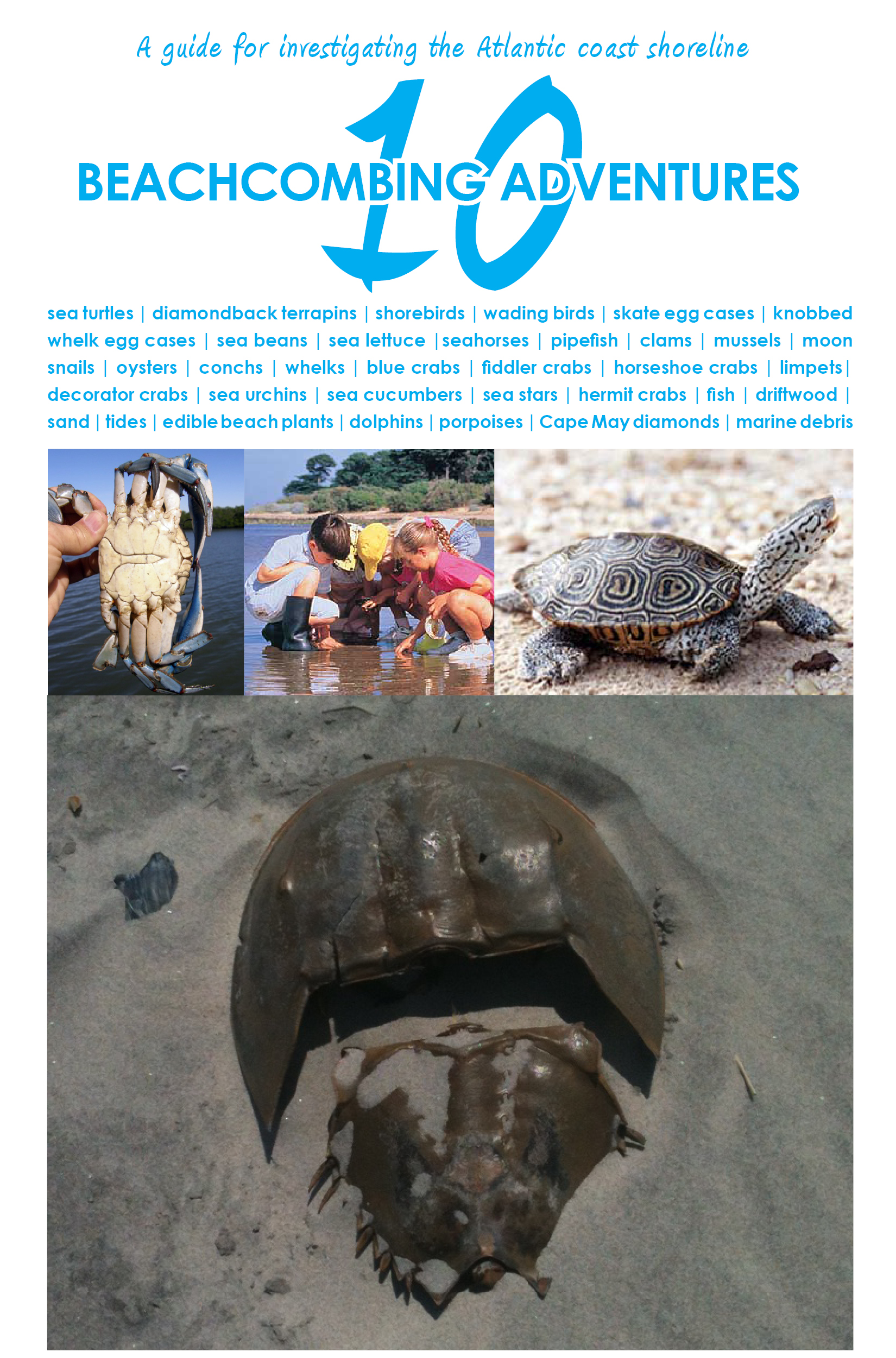That’s a great title for a song if someone wants to use it. In any event, have you ever been to the beach or walking along the marsh and felt the gloom and doom of darkness approach even though it’s a bright and sunny day? Have you ever looked up into the sky to witness the emergence of a feathered tornado? What you’re watching is the flight of the swallows – which can be up to several thousand birds approaching in one flight!
These no-more-than-14-centimeter-in-length birds are commonly seen swarming along the mid-Atlantic coast in September, the tail end of their breeding season. However, they are found throughout central and northern North America during their entire breeding season from May to September. These very social birds winter in Florida and the Caribbean. They’re rarely seen on land and spend the majority of their life in trees, maybe coming down to earth just to graze their wings along the surface of a body of water for a quick bath.
Why are they found along the mid-Atlantic coast in September? Well, they congregate in large flocks to roost among groves of small trees and cattails away threats (e.g., lots of people). They also prefer to make the nest for their eggs in the holes of dead trees away from threats. Male and female swallows are very territorial when it comes to their nest and will stand guard even from approaching fellow swallows.
Swallows produce one brood per year, averaging 5 eggs. These birds prove it takes a village as they make a nest for their eggs using the feathers of other birds to keep the eggs warm. The eggs typically hatch in about two weeks and are able to fly from the nest after three weeks. In one year the young swallow will be mature enough to breed!
And, in case you’re not familiar with the phenomenon – check out this well done amateur video I found on YouTube of a swarm of swallows (set to classical music no less!). It’s quite to spectacular sight.
Other great bird resources:







A great moment to have one’s camera to hand… RH
Can’t believe there were still some about on the stormy NE coast of England this week. Time to migrate guys!